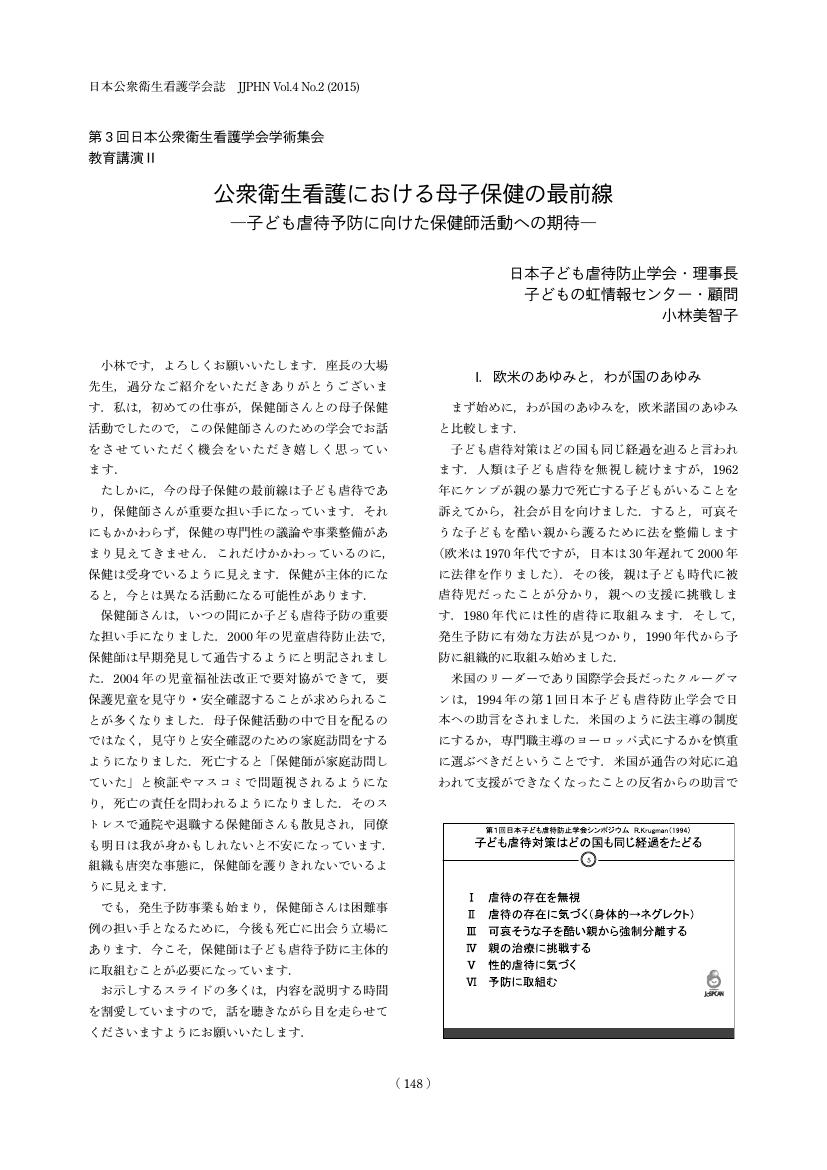6 0 0 0 OA X線検出器(輝尽性蛍光体プレート)に付着した放射性同位元素の除染
- 著者
- 小沼 洋治 林 美智子 林 裕晃 西原 貞光
- 出版者
- 公益社団法人 日本放射線技術学会
- 雑誌
- 日本放射線技術学会雑誌 (ISSN:03694305)
- 巻号頁・発行日
- vol.68, no.3, pp.277-282, 2012-03-20 (Released:2012-03-24)
- 参考文献数
- 12
- 被引用文献数
- 4
We tried to remove contamination of radioisotope (RI) for an X-ray detector (photostimulable phosphor plate; IP) and verified that our procedure suggested by Nishihara et al. was effective for decontamination. The procedure was as follows. First, the IP was kept for approximately twelve hours, and then it was processed [image (A)] as well as a clinical processing mode. Second, using a wet-type chemical wiper, we scavenged the IP to remove the adhered RI on its surface. Then, once again, the IP was kept for approximately fifteen hours and processed [image (B)] in order to check an effect of decontamination. Finally, the two images of (A) and (B) were analyzed using ImageJ, which can be downloaded as a free software, and a percentage of removal was calculated. The procedure was applied to two IPs using the FCR 5501 plus. In the present case, the percentage of removal was approximately 96%. The removed radioisotopes in the chemical wipers were analyzed by Ge detector. Then, 134Cs and 137Cs were found with activities of 2.9 4.3 Bq and 3.5 5.2 Bq, respectively. For three months after that, we cannot see black spots on the IPs owing to the contamination of the RI and there are no defects caused by decontamination using a wet-type chemical wiper.
1 0 0 0 OA パイナップル長期摂取による児童の排便状況および腸内環境への改善効果
- 著者
- 林 美智子 増田 隆昌 石川 大仁 瀧本 陽介 積 志保子 堀田 拓哉 大滝 尋美 荒木 雄介 渡辺 陽介 伊藤 明子 大澤 俊彦
- 出版者
- 一般社団法人 日本臨床栄養協会
- 雑誌
- ニュー・ダイエット・セラピー (ISSN:09107258)
- 巻号頁・発行日
- vol.38, no.1, pp.3-10, 2022 (Released:2022-09-01)
- 参考文献数
- 36
Pineapple, one of the most popular tropical fruits consumed throughout the world, is rich in dietary fiber, which is generally known to improve constipation. In Japan, one out of three elementary school children are reported to suffer from constipation, sometimes resulting in school refusal. To elucidate the health benefits of pineapple intake for Japanese children, a randomized, untreated-controlled, parallel-group clinical trial was conducted. Elementary school children tending to have constipation were given 100 g of pineapples per day for 4 weeks. The questionnaire for physical condition and defecation status, measurement of indoxyl sulfate in urine and analysis of intestinal microbiota were performed before and after the pineapple intake. As a result, defecation status was significantly improved and the proportion of beneficial gut bacteria was significantly increased in the pineapple intake group, indicating that pineapple intake could be helpful in improvement of defecation status and intestinal environment for elementary school children.
1 0 0 0 OA 公衆衛生看護における母子保健の最前線 ―子ども虐待予防に向けた保健師活動への期待―
- 著者
- 小林 美智子
- 出版者
- 一般社団法人 日本公衆衛生看護学会
- 雑誌
- 日本公衆衛生看護学会誌 (ISSN:21877122)
- 巻号頁・発行日
- vol.4, no.2, pp.148-158, 2015 (Released:2020-01-17)
- 著者
- 小島 道生 下山 直人 小林 美智子 濱本 悟志 石隈 利紀
- 出版者
- 筑波大学附属学校教育局
- 雑誌
- 筑波大学学校教育論集 (ISSN:13405802)
- 巻号頁・発行日
- no.38, pp.27-36, 2016-03
1 0 0 0 OA 平成24年度国際教育推進委員会活動報告
- 著者
- 工藤 泰三 加藤 衛拡 小林 美智子
- 出版者
- 筑波大学附属坂戸高等学校
- 雑誌
- 研究紀要
- 巻号頁・発行日
- no.50, pp.57-62, 2013-07
- 著者
- 小林 美智子
- 出版者
- 日本子ども虐待防止学会
- 雑誌
- 子どもの虐待とネグレクト (ISSN:13451839)
- 巻号頁・発行日
- vol.12, no.2, pp.225-231, 2010-08
- 著者
- 上田 素子 後藤 眞千子 小川 千鶴 田中 はるみ 村田 瑞穂 小林 美智子
- 出版者
- 特定非営利活動法人 日本小児外科学会
- 雑誌
- 日本小児外科学会雑誌
- 巻号頁・発行日
- vol.45, no.5, 2009
